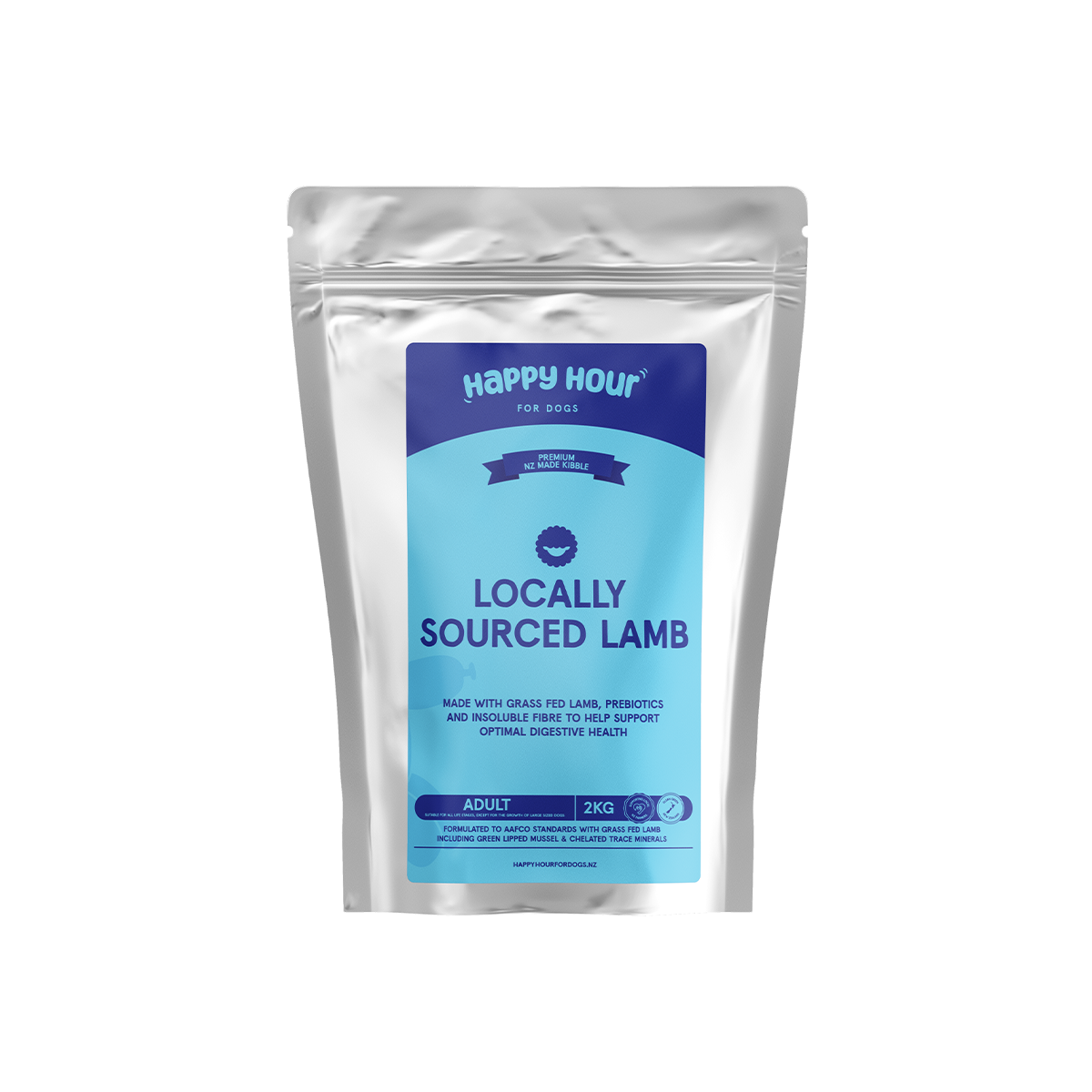If you’ve ever stood over your dog’s bowl, watching them sniff, sigh, and saunter off like you’ve served up a bowl of gravel — you’re not alone.
Fussy eaters can be one of the most baffling (and frustrating) parts of dog parenting. But here’s the twist: dogs aren’t the only ones. Humans do it too. And the reasons? They’re just as complex as we are.
I had to be force fed broccoli when I was young because I refused to eat it.... ekkk
So let’s dig into the bowl — what makes some dogs picky, and is it nature, nurture, or something in-between?
🧬 Nature: Are Some Dogs Just Born Choosy?
Yes — to an extent.
Just like humans, dogs have individual preferences and sensitivities that can show up early, even as pups. Here’s why genetics and biology play a role:
1. Breed Tendencies
Some breeds are naturally more food-driven (hello, Labradors), while others can be more reserved around mealtime (we’re looking at you, Whippets and Poodles). These differences aren’t just personality — they’re wired into how different breeds evolved and what their original “jobs” were.
2. Sensory Sensitivities
Dogs have incredibly powerful senses — especially smell. Some dogs are hyper-sensitive to certain scents, textures or temperatures. What smells bland to you might be overwhelming (or unappealing) to them.
3. Gut Health & Hormones
Just like with humans, hunger and appetite are regulated by a cocktail of hormones and gut signals. Dogs with sensitive digestion, mild allergies, or past gut issues may instinctively avoid foods that cause them discomfort — even if we can't always see the symptoms.
🌱 Nurture: What Dogs Learn About Food
The environment a dog is raised in can dramatically shape how they feel about food.
1. Too Many Choices
Offering lots of different foods, mixing meals constantly, or hand-feeding only from the couch can accidentally teach a dog to wait for “the good stuff” — rather than just eat what’s in the bowl.
We wouldn’t call a child picky if all they ever got was a buffet of sweets, right?
2. Reinforced Behaviour
This one hits home: a pup sniffs their food, turns away — and suddenly you’re warming up chicken breast or adding gravy. Dogs are clever. If leaving their kibble leads to an upgrade, they’ll hold out for it every time.
3. Stress & Environment
Dogs are emotional eaters too. Changes in routine, loud environments, new homes, even tension in the household can cause a drop in appetite. Some dogs simply can’t eat when they’re stressed — and this doesn’t mean they’re fussy, it means they’re overwhelmed.
🧠 So... Are Fussy Eaters Born or Made?
The answer is both — and that’s where the comparison with humans is so relatable.
We all know someone who grew up on plain pasta and toast. Or someone who’s super sensitive to textures or smells. Some of it’s wiring. Some of it’s experience. Dogs are the same.
The trick is to understand which part is instinct — and which part might be habit or environment. Because with a little observation (and a lot of love), most “picky eaters” can be nudged back into a healthier, happier relationship with food.
🐶 What You Can Do
-
Create a calm feeding routine. Dogs thrive on predictability.
-
Limit the buffet. Avoid offering multiple options unless medically necessary.
-
Avoid accidental rewards. Don’t upgrade the meal every time they hesitate.
-
Watch the humans. Dogs pick up on your stress too — and may mirror your energy.
-
Rule out pain. If your dog used to eat well and suddenly isn’t — check their teeth, digestion, or joints. There may be a medical reason.
Final Word: Fussy Doesn’t Mean Broken
Fussy doesn’t mean spoilt. It doesn’t mean ungrateful. And it definitely doesn’t mean your dog is trying to wind you up.
It means they’re sensitive, selective, or sometimes just unsure.
And whether it’s nature or nurture (or a bit of both), the most important ingredient is patience. You’re not failing them — you’re learning them.
And that’s what good dog parenting is all about.

